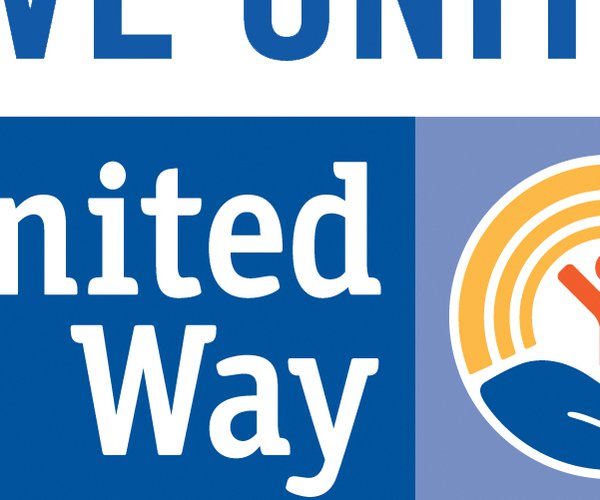ELLINWOOD – News of current progress is expected soon as Ellinwood District Hospital continues its bid to gain relief from a mid-year directive from the U.S. Department of Agriculture to raise its local mill levy to a maximum level as part of loan requirements to the project.
The directive was issued as the $32 million hospital was celebrating its first year of operation after its grand opening in September 2024.
EDH CEO Kile Magner, in a Sept. 2 post to the hospital’s website, noted that as hospital leadership works with federal officials, they remain committed to limiting the tax burden on local residents.
“At the completion of our new facility in mid-2024, we had not satisfied the USDA’s initial loan conditions,” Kile Magner, hospital Chief Executive Officer, said. “This gave the USDA an opening to place more restrictive conditions on our loan in order to close.”
Magner noted that in July, the hospital issued its response in the form of a compromise formal request to set the mill levy at 35 mills. The compromise amount would meet the loan’s debt service and reserve requirements, without increasing it to the maximum of 45.
The request was denied on Aug. 14, although the district was not informed until Aug. 25.
“The 45-mill levy is the maximum level, so if for some reason we can’t pay, they get their money,” Magner continued. “This is a revenue bond project so the debt service should be based on revenue – not taxes. We don’t need an increase to 45 mills, and we don’t want it.”
Without a waiver approval, the hospital would be in default of the loan if it doesn’t increase the mill levy to the amount required by the USDA, Magner noted. The hospital has reached out to both Sens. Jerry Moran and Roger Marshall for help.
“We are making all possible efforts to prevent this increase,” he said. “We’re going to fight it all the way.”
The hospital is showing a profit for the first year in business.
“Growth in our new facility has been fantastic,” Magner said. “We are continually adding new services, which will only bolster this growth.
However, the USDA is refusing to make adjustments based on the partial year’s data.
“We wanted to be reassured in our position and consulted with our bond counsel; he reaffirmed our position of only having to set our mill levy at a minimum required to satisfy our loan requirements,” Magner said.
“All moneys potentially collected above what is actually required by USDA will be held in reserve, supporting our case for lowering the mill levy in future years,” Magner said. “We are working on a very tight timeline, but we are making every possible effort to gain relief from the USDA’s requirement.”
“We’re on a tight timeframe,” Magner said. “The deadline to submit our final mill levy increase is approaching quickly. We are trying.”
The denial letter did mention the hospital’s lack of timely response in providing some documentation, as well as limited data available due to the hospital only being in their new facility for one year.
“We own that,” Magner said. “But those factors don’t change the reality — our new facility has demonstrated strong growth, and revenues show we can meet debt service requirements without raising taxes to 45 mills.”
If implemented, the USDA’s requirement of 45 mills would result in an average impact of $216.05 per taxpayer. The hospital’s proposed compromise of 35 mills would have reduced that impact to $78.07.
“We truly believed USDA would accept 35 mills, and we remain confident that a maximum increase is not needed,” Magner said. “Regardless of this year’s outcome, we will continue working to protect our taxpayers and seek a reduction in the years to come.”
“We were never misleading the public,” he said. “Our initial documents and agreements never required a tax increase. We accepted things within those conditions from the USDA because this is a revenue bond. It should never have come to a tax situation. Yet, even with adequate revenues, it appears USDA will continue to push for levy increases.”
Background
In November 2022, a loan and grant amount of $26 million was obligated by the USDA to construct a critical access-designated, 45,000 sq. ft. hospital and medical clinic in Ellinwood. The funding would be used to provide a surgery suite, outpatient clinic services, radiology, and physical therapy, among others.
A key requirement for the USDA funding was a community-supported capital campaign, “Building a Healthy Tomorrow,” which raised funds through the hospital’s foundation, local businesses, and personal donations. Staff also contributed through payroll deductions.
The former hospital building is being repurposed to provide veterans’ services and other community uses, avoiding demolition and continuing to serve the community.
The news update is expected to be released by early next week.




